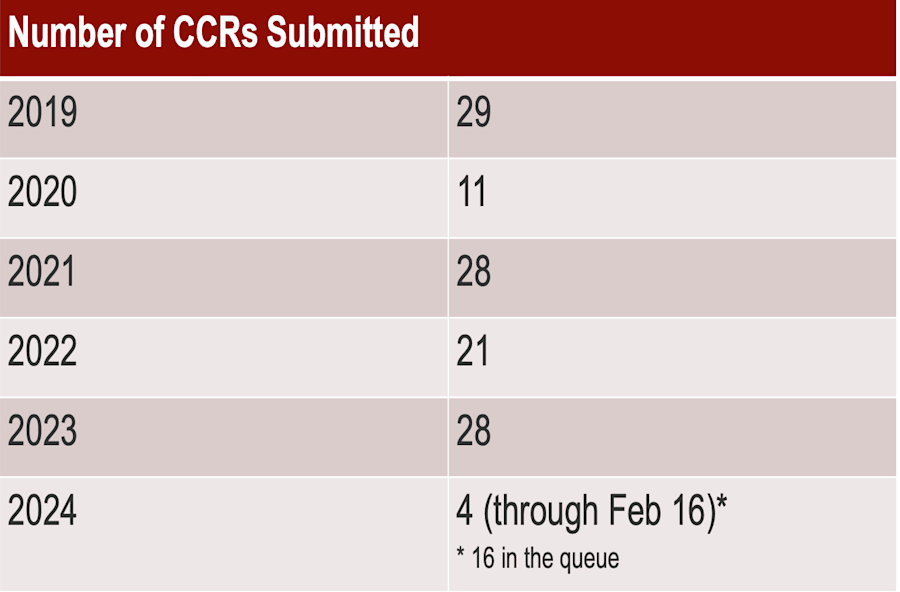SAN ANTONIO – San Antonio City Council members are discussing changes that could speed up how quickly their proposals are actually considered.
Council members discussed possible changes to the Council Consideration Request (CCR) process during a meeting Wednesday, including a definitive timeline for how long until it’s included on the Governance Committee agenda — the first stop in the process.
CCRs are one of the primary ways council members have to put an issue before the full city council. The proposals, which require five council member signatures, cover anything from giving streets memorial designations to restrictions on horse-drawn carriages to creating entirely new city programs.
However, the ideas typically end up in limbo for months before they’re presented to the Governance Committee.
Under the new proposal, a CCR must be presented to the Governance Committee within 60 days or the second scheduled meeting after it’s filed, whichever is sooner.
“What was happening in the past is if — a CCR could be filed and then not heard for six months, eight months, and sometimes not heard at all,” said first-term Councilman Marc Whyte (D10), who pushed for the updated rules. “And so, now we’ve got a definitive timeline, if this new ordinance passes, where it must go to the Governance Committee. And then, from there, hopefully, the idea moves into the committee process. It can be discussed, modified, and then hopefully get to the full council.”
At the moment, city staff said there are still 16 CCRs that haven’t been taken up, including District 2 Councilman Jalen McKee-Rodriguez and District 3 Councilwoman Phyllis Viagran’s Nov. 30, 2022, request to establish a plan to phase out the use of horses with horse-drawn carriages.
Councilman Manny Pelaez (D8) says he also had a pair of CCRs from 2021 that were never heard, though city staff did not have those on their list.

McKee-Rodriguez raised concerns about equitable representation on the Governance Committee, which is comprised of Mayor Ron Nirenberg and four of the other 10 council members.
“Even if it’s not true, the feeling is that if the mayor didn’t want something agendized or the city manager (didn’t) want something agendized, it wasn’t going to be. That may not be true. That was the feeling. That’s what many of us have said in discussion with one another,” McKee-Rodriguez said.
City Manager Erik Walsh told council members he does not act as a gate, “and if I was a gate, then we’d probably have a different process.”
Nirenberg said city staff’s “due diligence” analysis of CCR’s proposals before they’re presented has contributed to delays and noted that presentations in the future will likely be less substantive.
The proposed timeline, though, includes an additional 90 days after the first appearance at the Governance Committee if the committee decides the CCR needs further staff review.
The committee would also be able to refer a CCR to the full council or another committee, refer it to the city manager’s office to be considered in the budget process, or even vote to stop the CCR.
According to the proposed rules, though, the Governance Committee may kill the CCR if the action in the proposal is taken up by federal or state law, if it’s preempted by state or federal law, if the action is already being implemented by the city manager, or it determines “for policy reasons” that it shouldn’t be recommended.
The proposed changes don’t include timelines for what happens after the Governance Committee acts on a CCR, but the city also plans to institute an online tracker to show where each proposal is in the process.




